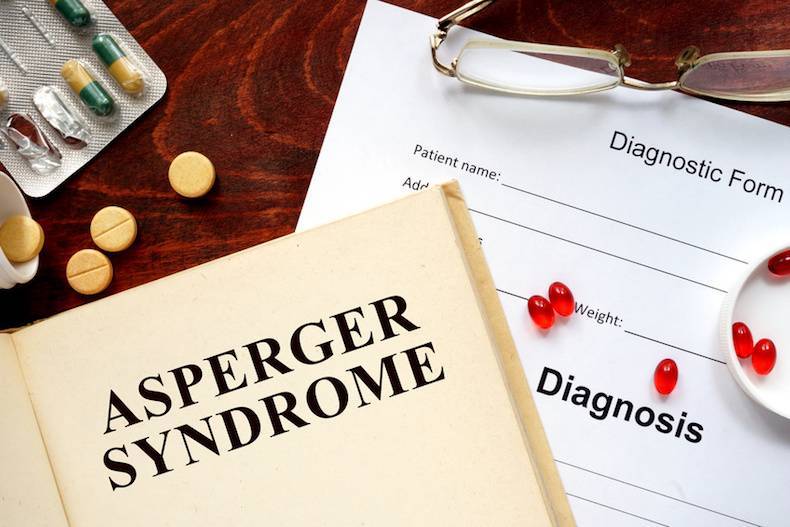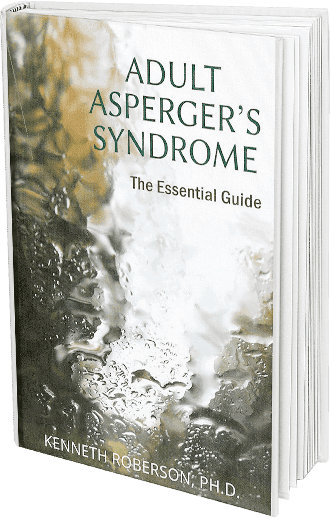If you’ve met one person with Asperger’s, you’ve met one person with Asperger’s—Stephen Shore
Why should I cry for not being an apple, when I was born an orange.—Donna Williams
Showing kindness towards those who are different and embracing our imperfections as proof of our humanness is the remedy for fear.—Emma Zurcher-Long
Many adults with Autism Spectrum Disorder have found ways to cope and be resilient in life. But that’s not always the case. Some face stigma, prejudice, and discrimination from a society that often views Autism Spectrum Disorder as a deficit and deficiency, as something abnormal and aberrant, to be feared and avoided. Judgements about the behavior of people with Autism Spectrum Disorder lead to their being marginalize, and to the development of anxiety, insecurity and self-doubt.
Some face daily battles to cope in their lives. They find the necessities of getting a job, meeting new people and having personal relationships a struggle, made more difficult by expectations that they will not succeed.
Others face an insidious notion that Autism Spectrum Disorder and violence are related, a misconception traced back to the shooting rampage in Newtown, Conn., by Adam Lanza, whose parents claimed he had been diagnosed with Autism Spectrum Disorder. Experts say there is no evidence of any greater propensity for violence among adults with Autism Spectrum Disorder than any other group of people.
Nor are adults with Autism Spectrum Disorder limited by any other supposed innate challenges. Nevertheless, stereotypes about Autism Spectrum Disorder in adulthood are abundant, embracing views such as:
- They have no social skills.
- They are difficult to get along with.
- They have meltdowns and are angry all the time.
- They have no empathy or compassion.
- They are only interested in their narrow focus of interest.
- They are mentally ill.
Many of these conceptions arise from the widely held assumption that adults with Autism Spectrum Disorder think, feel and act the same and that everyone with Autism Spectrum Disorder fits the listed criteria for this diagnosis. This is simply not true. There are many differences among people with Autism Spectrum Disorder, and the measures for an Autism Spectrum Disorder diagnosis allows for a great deal of variability in the behaviors that meet the diagnostic criteria.
Even social skills deficits, one of the defining characteristics of Autism Spectrum Disorder, are not the same for all adults. The fact is that the degree to which people with Autism Spectrum Disorder have or lack social skills is highly individual, not to mention that these social skills problems can be modified dramatically.
The idea that adults with Autism Spectrum Disorder are difficult to get along with also does not take into consideration individual differences. People with Autism Spectrum Disorder, like all people, welcome anyone willing to be friendly, supportive, and open to taking the time to set aside their judgments and get to know someone with this condition. When treated respectfully and given a chance to be known versus being pre-judged, adults with Autism Spectrum Disorder are as personable as any group of individuals.
Perhaps the most stigmatizing and inaccurate assumption made about adults with Autism Spectrum Disorder is the idea that it affects everyone in exactly the same way. Everyone with Autism Spectrum Disorder is seen as having exactly the same challenges, behaves identically, feels and thinks the same, and must be treated the same. The truth is, everyone with Autism Spectrum Disorder is different, and those differences can be strikingly large.
Rather than seeing Autism Spectrum Disorder as just a deficit or something that is “not normal” we need to see it as a way to think about how different people are. After all, it is through differences that we learn more, achieve more, and add more to the richness and diversity of our world.
You can read about news on these topics here.




